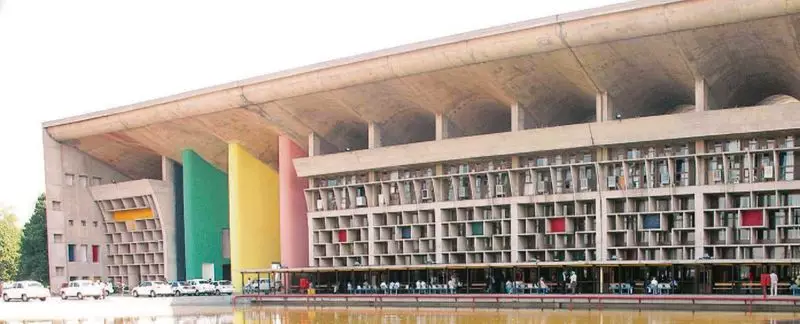
The Punjab and Haryana High Court has taken serious notice of a disturbing petition alleging custodial torture and false implication of individuals in a murder case, marking a significant judicial intervention in matters of police accountability.
Court Takes Suo Motu Cognizance
Acting on a plea filed by Jaswinder Singh through his counsel, the High Court has transformed the petition into a public interest litigation (PIL). The division bench, comprising Justice Ritu Bahri and Justice Nidhi Gupta, has issued notices to multiple state authorities demanding responses.
The court has specifically directed the States of Punjab and Haryana, along with the Union Territory of Chandigarh, to submit their replies by the next hearing scheduled for July 30. This judicial action underscores the gravity of the allegations and the court's commitment to addressing potential human rights violations.
Allegations of Police Brutality and Fabrication
The petition reveals shocking claims of police misconduct occurring in February 2023. According to the allegations, Jaswinder Singh was illegally detained and subjected to severe physical torture at the Mataur police station in Mohali district.
The petitioner contends that during this illegal detention, police officials extracted a confession under duress related to a murder case. "The confession was obtained through brutal torture methods," the petition states, highlighting the coercive nature of the interrogation process.
Furthermore, the plea makes an even more serious accusation - that the petitioner was deliberately implicated in a false murder case as retaliation. This alleged retaliation came after the petitioner's family members filed a formal complaint regarding his illegal detention and the torture he endured while in police custody.
Broader Implications and Judicial Scrutiny
The High Court's decision to convert this individual petition into a PIL demonstrates the broader significance the judiciary attaches to these allegations. This case now represents not just an individual grievance but a matter of public concern regarding police practices and human rights protection.
The court's intervention comes at a crucial time when questions about police accountability and custodial procedures are receiving increased public attention. By taking suo motu cognizance and expanding the scope of the case, the judiciary has signaled its determination to thoroughly investigate these serious claims.
The upcoming July 30 hearing is expected to be a critical juncture in this case, as the responses from state authorities will determine the future course of judicial action. The outcome could have far-reaching implications for police reform and accountability mechanisms in the region.
Legal experts following the case note that such judicial interventions serve as important checks on potential power abuses and reinforce constitutional protections against custodial violence and arbitrary detention.





